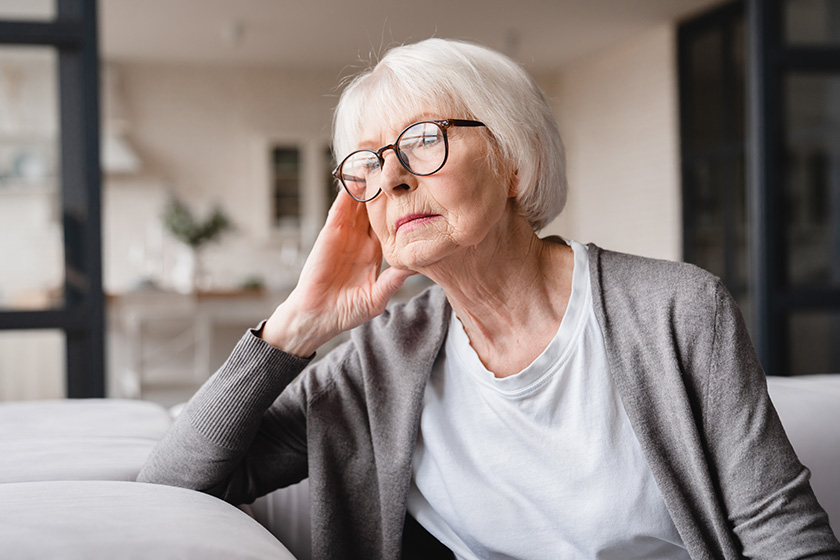While it is a well-known fact that age makes us more susceptible to Dementia, not many people know what that entails and how to spot the symptoms. Understanding Dementia and being able to identify its onset early on is important as some of its earlier symptoms may be reversible if treated quickly. As such, it is crucial to know what the early symptoms of Dementia look like.
What is Dementia?
There is a popular misconception that Dementia is a specific disease but the truth is, Dementia is a term used to describe a set of symptoms that affect memory, higher cognitive function, and social abilities to the point of interfering with day-to-day life. That being said, it is also imperative to understand that while one of the most common symptoms of Dementia is memory loss, simply having trouble remembering things does not always mean you have Dementia.
There are several diseases that can lead to the development of progressive Dementia, most notably Alzheimer’s disease. Depending on the cause, certain types of Dementia may be reversible with proper care and treatment.
Early Symptoms
The symptoms of Dementia can vary from person to person as well as based on the root cause. However, there are some symptoms that can typically reliably suggest the onset of illness. It is important to understand that these symptoms are usually incredibly subtle and easily misconstrued as normal occurrences. As such, it is important to pay close attention to your loved ones and consult a professional if you suspect they may have Dementia. The symptoms can be split into two categories: Cognitive changes and psychological changes.
Cognitive Changes
- Memory loss is one of the most common signs of Dementia. It is usually noticed by those around the patient. Those with dementia will frequently forget things such as an appointment and never remember ever making it in the first place.
- Communication difficulties are another common symptom. Everyone has moments where they have trouble finding the right words but a Dementia patient may begin to forget simple words and replace them with nonsensical words that make them hard to understand. They may also have difficulty understanding others.
- Difficulty with their visual and spatial abilities is particularly noticeable when they are driving. Someone with Dementia might have trouble gauging distance and direction.
- Struggle to handle complex tasks; those suffering from Dementia may have trouble following all the steps in a recipe or forget to serve up a part of the meal.
- Frequent confusion and disorientation are some of the more noticeable symptoms as those suffering from it have a tendency to get lost or perhaps be confused by where they are or who they are.
Psychological Changes
- Personality changes are an incredibly notable sign of Dementia. You may notice that your loved one is moodier or suffers from rapid mood swings. Some may even withdraw from you and undergo bouts of paranoia. Conversely, certain patients might become more outgoing as they lose their inhibitions.
- Depression and anxiety are subtle Dementia symptoms as it might be hard to differentiate Dementia from normal mental health issues. However, if paired with other symptoms on this list, then your loved one might be suffering from Dementia.
When Do You Visit The Doctor?
If your loved one is exhibiting a number of these symptoms then it might be prudent to bring them for a health screening or seek out professional help. However, those suffering from Dementia may be resistant to the idea of visiting a healthcare worker as they deny that there is anything wrong with them. This resistance and inability to identify changes may be due to the onset of Dementia.
An effective way to overcome their reticence is to misdirect them with another reason to visit the doctor such as suggesting a check-up for a symptom they are willing to acknowledge or suggesting a general health screening. You can also consider undergoing the screening alongside them so that they do not feel as alone.







